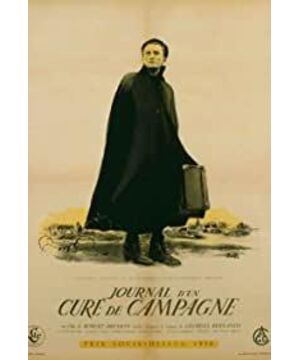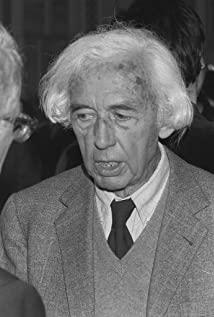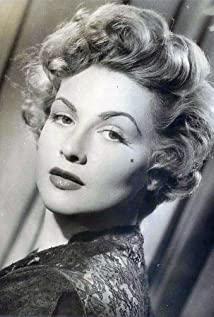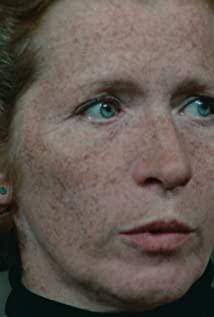"Diary of a Country Pastor" tells the story of a kind-hearted and simple pastor who was treated hostile by the people of the parish, but silently endured his insistence on disciplining the people. The film shows the kindness of the pastor and the indifference and inferiority of the people in the country many times. For example, the pastor silently endures the villagers' refusal to provide food, endures the slander and insults of the villagers, and helps the countess get soul relief. In terms of character creation, the forbearance and innocence of the little pastor produced a great contrast with the vulgarity of the villagers. The cunning earl, the indifferent countess, the hypocritical tutor, the scheming girl, the oppressive and arrogant old priest, and the drug tricks All the villagers of the little pastor showed a loss of moral spirit, and only the melancholy little pastor still insisted on truth, kindness and beauty. The little pastor is a vivid projection of the suffering of Jesus, just like the metaphor in the sermon in the film: Jesus turned his flesh and blood into bread and wine to save the public. In the ending, the death of the rural pastor also corresponds to the death of Jesus. At the end, the cross in the white light symbolizes the arrival of the night of the Passion of Christ and the morning of the resurrection of Jesus.
The film mostly uses looking up and close-up to portray the image and character of the little pastor. When the pastor’s melancholy and heavy expression fills the screen, the pastor’s tall and holy image and complex mood are silently talked about. There is no fierce conflict in the film. The director even deliberately downplays the plot. Through a series of smooth voice-overs, the visual tension of the action is downplayed, but the transcendence of the film is enhanced. Although the film is inevitably dull, there are deep emotions and rich meaning behind it.
View more about
Diary of a Country Priest reviews









